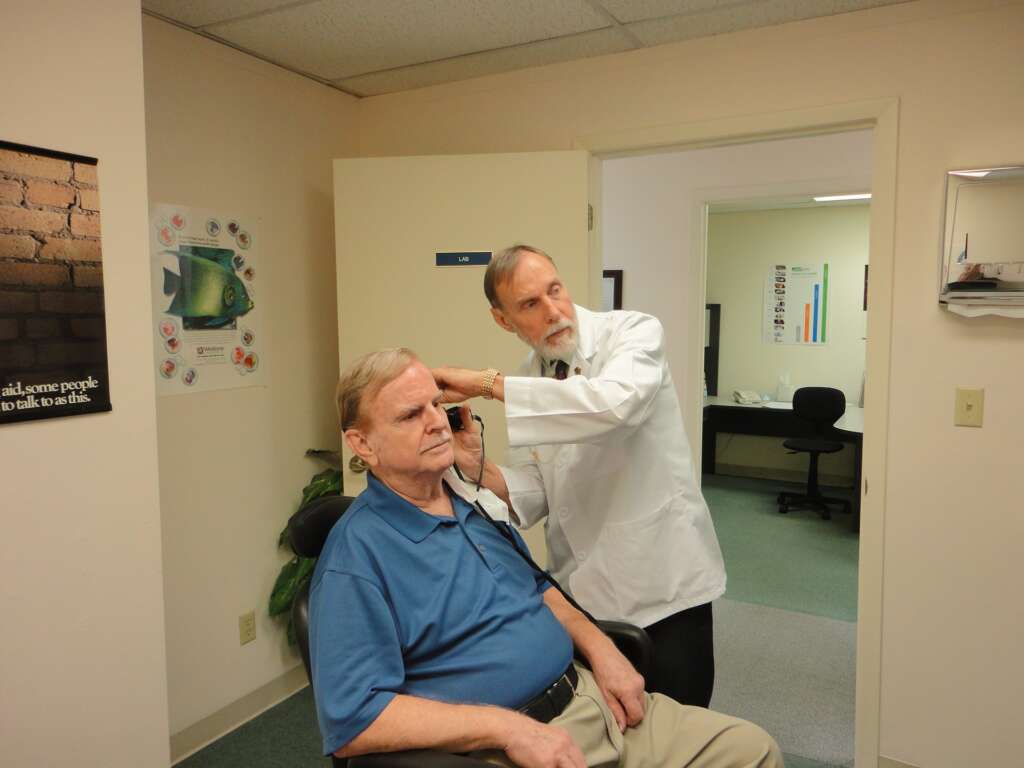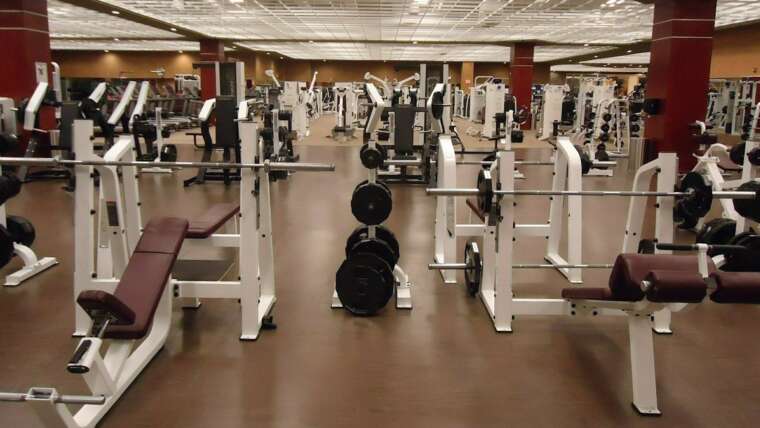 In August 2017, the United States Congress passed a piece of bipartisan legislation known as the Over-the-Counter (OTC) Hearing Aid Act. The legislation appeared promising for people with hearing loss who often spend up to $5,000 out of their own pocket to purchase prescription hearing aids.
In August 2017, the United States Congress passed a piece of bipartisan legislation known as the Over-the-Counter (OTC) Hearing Aid Act. The legislation appeared promising for people with hearing loss who often spend up to $5,000 out of their own pocket to purchase prescription hearing aids.
Having OTC hearing aids will enable Americans with hearing loss to seek help without scheduling a hearing test or hearing aid fitting with an audiologist. They could also purchase hearing assistance devices for a few hundred dollars compared to the several thousand consumers typically spend on prescription hearing aids. OTC hearing aids will be a viable option for many people living with mild-to-moderate hearing loss.
Table of Contents
OTC Hearing Aid Act Has Still Not Taken Effect
Congress set an initial three-year period for OTC hearing aids to become available to the public upon receiving guidance from the U.S. Food and Drug Administration (FDA). Unfortunately, that deadline passed in August 2020 and the FDA still has yet to provide guidance on how to make OTC hearing aids available in a retail setting.
The FDA stated at that time that it had to delay providing guidance regarding rolling out the OTC Hearing Aid Act due to the COVID-19 pandemic. As of this printing in April 2021, the FDA has yet to comment further on the matter.
As a point of clarification, the FDA considers OTC hearing aids to be personal sound amplification product (PSAP) that does not require a prescription or an audiologist visit. Companies manufacturing PSAPs cannot claim that they treat or cure hearing loss. However, audiologists can sell PSAPs.
The FDA currently has the authority to regulate hearing aids. According to the National Institute on Deafness and Other Communication Disorders, the reason for this is that hearing aids are an official medical device.
Congressional and Medical Community Response to the FDA
Republic Senator Chuck Grassley of Iowa and Democrat Senator Elizabeth Warren of Massachusetts urged the FDA to act on its promise to assist with the OTC Hearing Aid Act in a memo dated November 13, 2020. Shortly after the senators drafted their memo, Dr. Kevin Franck of the Harvard Medical School’s Department of Otolaryngology wrote an open letter to the FDA published by the New England Journal of Medicine.
Dr. Franck opened his letter by acknowledging the challenges posed by the COVID-19 pandemic. He also indicated that ample time had passed since the August 2020 deadline for the FDA to issue its guidance regarding making OTC hearing aids available to the public.
Dr. Franck expressed dismay on behalf of millions of Americans who could benefit from promised treatment now, who are left without other affordable options.
He ended the open letter in the New England Journal of Medicine by calling on the FDA to prioritize the release of OTC hearing aids. Dr. Franck also urged the FDA to respond to hearing loss advocates, members of Congress, and others who have brought this matter to its attention.
OTC Hearing Aids Could Lessen the Challenges of Living with Untreated Hearing Loss
Coming to grips with the reality of hearing loss is not always easy, especially for younger people. According to an article published in the Wall Street Journal, the average time that passes from when people suspect hearing loss to having their hearing tested is five to seven years. Several factors play into this hesitancy, including the cost and stigma associated with traditional hearing aids.
The longer people go without receiving help for their mild to moderate hearing loss, the more likely they are to experience depression, anxiety, and increased risk of falls because the senses of hearing and balance are closely related.
Those who live with someone who has an untreated hearing loss often become frustrated over them not seeking help. This in turn escalates family friction. OTC hearing aids, with a much lower price point and a form factor more like cutting-edge earbuds than traditional hearing aids, could help with all these problems.
Hearables Manufacturers Poised to Meet the Needs of People Not Ready for Hearing Aids
Several companies have stepped in to provide an alternative for people whose hearing loss is not significant enough to wear hearing aids or who simply cannot afford them. These manufacturers created a product known as hearables that act as smart wearable technology. The in-ear devices amplify sound according to the user’s preferences and provide a range of other features.
Some leading contenders in the hearables market include Nuheara IQbuds2 MAX, Apple AirPods, and Signia ActivePro. Each of these companies currently sells its earbud products online with varying degrees and hearing enhancement functionality. Expect such earbud/hearing aid hybrid products to gain a larger retail store presence once the FDA finally issues its guidance on the OTC Hearing Aid Act.
Nuheara states that the average age of its typical customer is 54 compared to age 70 for those who purchase hearing aids. This statistic alone demonstrates that people need an alternative to traditional hearing aids and are willing to use what is most comfortable for them. As the Nuheara’s marketing chief, David Cannington, recently stated, “A lot of people fit into the mild-to-moderate hearing-loss category, and they’ve been underserved for a long time.”
Only time will tell if and when the U.S. Congress and FDA will at last fulfill the promise of the 2017 Over-the-Counter Hearing Aid Act.

